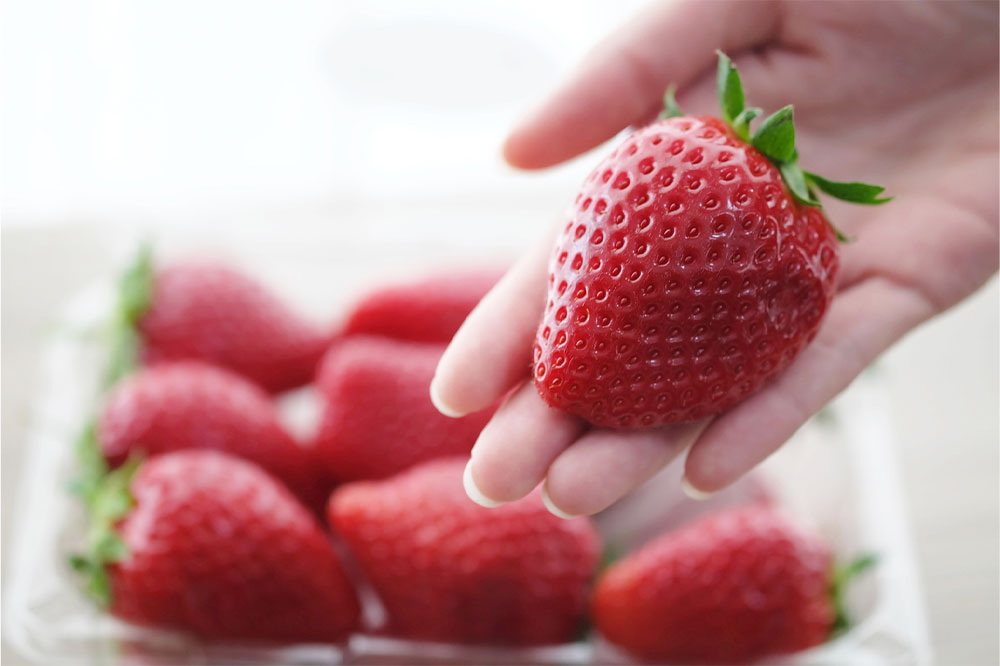Natural compounds that can help prevent the risk of skin cancer
Family remedy books as well as research state that natural produce goes a long way in helping one deal with a health issue. Be it a common cold or flu or a long-term illness such as arthritis, natural foods, in combination with other remedies, help one manage the symptoms effectively.

Anti-cancer options derived from natural resources
Research shows that anti-cancer remedies are dominantly derived from natural resources like marine, microbial, and botanical sources. Skin cancer, specifically cutaneous malignant melanoma, is among the aggressive types of cancers that have a high mortality rate. Therefore, there has been a pressing need to study flavonoids, terpenoids, carotenoids, sulforaphane, vitamins, some polyphenols and crude plant extracts. These phytochemicals have been observed for their anti-skin cancer or anti-melanoma activities.
Natural compounds that help combat skin cancer
After discovering which natural compounds can be used to treat skin cancer, the best way to help prevent the illness is to consume these compounds in their most natural form. This article compiles a list anti-skin cancer compounds and which foods are a rich source of them.
Flavonoids
This plant-based compound comes with a variety of health benefits, and is renowned for its ability to reduce the risk of several types of cancers. Foods that are a potent source of flavonoids include berries, cabbage, onions, kale, tea, dark chocolate, parsley, soybeans, and citrus fruits.
Terpenoids
Terpenes are found in many spices, herbs, fruits, and vegetables. To load up on terpenoids, consume foods like mangoes, apples, citrus fruits, and spices like basil, rosemary, cinnamon, oregano, cloves, lavender, and black pepper.
Carotenoids
This compound is associated with an orange pigment, and that’s why foods high in carotenoids are in the shade of orange. One must have foods like papaya, cantaloupe, sweet potatoes, tangerines, tomatoes, winter squash, and of course, carrots.
Sulforaphane
This compound is found in cruciferous foods like broccoli, cauliflower, kale, cabbage, Brussel sprouts, bok choy, collards, mustard greens, and watercress.
Vitamins
Foods rich in vitamins C, E, and A, are among the antioxidants that people must include in their diet. Citrus foods and vegetables are rich in vitamin C, nuts and seeds have sufficient vitamin E, and sweet potatoes and carrots are a great source of beta carotene.











